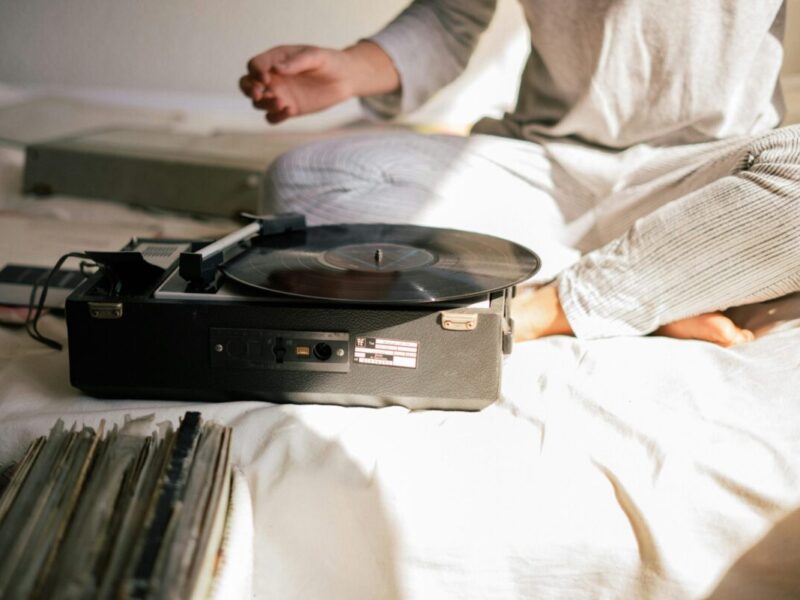How to Find Inspiration For Poetry During Quarantine
The past several months of the COVID-19 pandemic have been draining for people in so many ways. The stressors and uncertainty of our world combined with social isolation have most of us feeling stuck and alone. It can be difficult to find beauty amid such trying times, and for writers, inspiration may be hard to come by.
That said, I think part of healing in this pandemic will include writing our way through it—trying to make sense of what we can and find the glimmers of hope. If you’ve been feeling a little lost creatively, here are some tips that may help you find your way.
1. Check in with how you are feeling.
This time of quarantine is unexpected and unprecedented. It’s leaving most of us with a myriad of emotions to sort through, many of which are changing from moment to moment. As you start your writing process, take a moment to check in with some of the feelings you’ve been experiencing. You can reflect on how you’ve been feeling since the beginning of the pandemic or how you’ve felt in the last 24 hours. Be honest with yourself about your fears and about how your emotions have impacted your headspace. This phase can serve as a brainstorming period for your eyes only or it can be a warmup of sorts to help you get some thoughts down on paper.
2. Disconnect from social media.
It seems like every day there are mass amounts of information being thrown at us from news outlets and peers. There is a never-ending stream of conflict and division as people are all trying to make sense of the world’s current events. While social media can be a very important tool for staying connected and staying up-to-date on the news, it can also negatively impact your mental health and your writing flow. I’ve found that when I spend too much time on social media, it becomes a constant white noise. I can’t hear myself think because I am consuming so much of what other people are feeling. There is so much good to be found in social media, but like anything else, it is best consumed in moderation. Give yourself a few built-in social media breaks during your day. This will clear your mind of some of the clutter so that you can organize your thoughts for your next great poem.
3. Connect with some close friends.
Instead of scrolling through social media, consider finding a more personal way to connect with someone near and dear to you. Maybe you have been meaning to catch up with a friend but haven’t gotten around to it lately. Set up a phone call or a Skype date. Send a family member a note in the mail and let them know how much you care about them. Have a “phones free” dinner with your roommate and take time to check in with each other. Genuine social interactions can serve as wonderful catalysts for creative expression as they often leave us feeling encouraged and motivated.
4. Look for the hope where it can be found.
Think back on your quarantine experience and everything that has happened. Search for little glimmers of hope in all of the darkness, even if it’s small or subtle. For example, when I went on a walk a few weeks ago, I saw beautiful chalk art that looked like a stained glass window. I also saw lots of yard signs commending health care heroes and offering solidarity to neighbors. Can you think of a moment or an interaction you had with someone that brought you comfort in the chaos of quarantine? Maybe it was an uplifting news story or a YouTube video. What is something that has given you hope during this time? Try and think of a way to incorporate it into your poetry.
5. Be patient with yourself.
In more ways than one, the pandemic has been a draining experience. This may affect your creativity. Be gentle with yourself during this time and put your mental health first. Try things that may boost your creative expression, but don’t put too much pressure on yourself to perform right now. Try to keep writing, journaling, and brainstorming, but know that it is okay if you feel a little stuck. Keep putting the pen to paper, even if it doesn’t feel like poetry just yet. Just like our overall well-being, poetry is a process that may take time. Give yourself grace as you journey through it.




